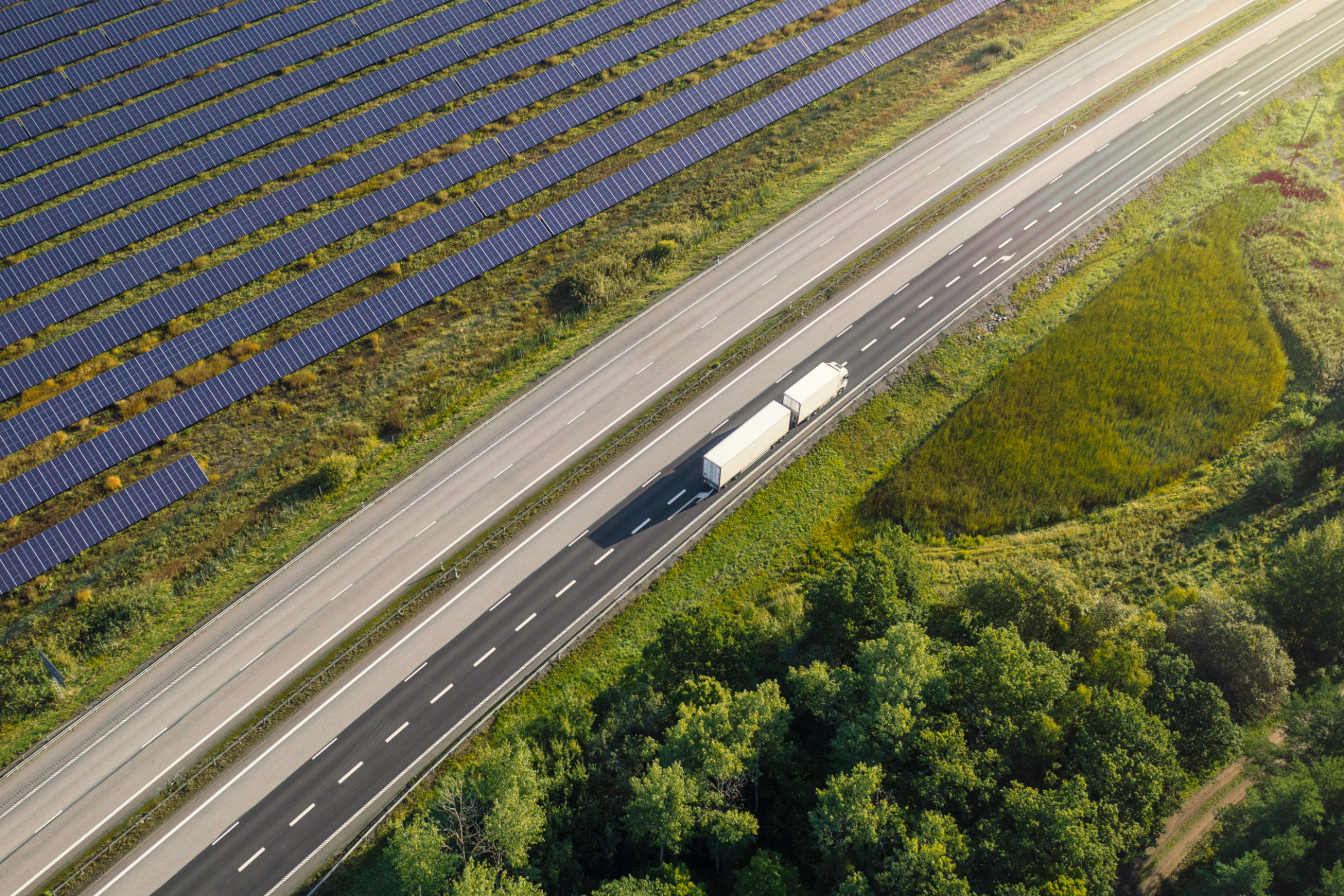Understanding the Latest Trends in Logistics and Material Handling
Introduction to Modern Logistics
The logistics and material handling industry is undergoing significant transformation, driven by technological advancements and changing consumer demands. As businesses strive for efficiency and cost-effectiveness, understanding the latest trends in this sector is crucial. Whether you are a logistics professional or a stakeholder in the supply chain, staying informed can provide a competitive edge.

Automation and Robotics
One of the most prominent trends in logistics is the increased use of automation and robotics. These technologies are not only enhancing productivity but also reducing human errors. From automated guided vehicles (AGVs) to robotic arms in warehouses, the automation wave is reshaping the industry. It allows for faster operations and improved accuracy, leading to better customer satisfaction.
Automation also plays a critical role in managing labor costs. By integrating robotics into daily operations, companies can optimize their workforce, allowing human workers to focus on more complex tasks that require critical thinking and problem-solving skills.
Artificial Intelligence and Machine Learning
Artificial Intelligence (AI) and Machine Learning (ML) are increasingly being adopted in the logistics sector. These technologies enable predictive analytics, which helps in demand forecasting and inventory management. By analyzing historical data, AI systems can predict future trends, allowing businesses to make informed decisions.

Internet of Things (IoT)
The Internet of Things (IoT) is revolutionizing logistics by providing real-time data and connectivity. IoT devices can track shipments, monitor equipment health, and manage inventory levels. This connectivity ensures transparency and enhances decision-making processes within the supply chain.
Furthermore, IoT can improve asset utilization and maintenance. Sensors on trucks and machinery can alert managers to potential issues before they become major problems, reducing downtime and maintenance costs.
Sustainability in Logistics
Sustainability is becoming a core focus in logistics and material handling. Companies are exploring green logistics solutions to reduce their carbon footprint. This includes the use of electric vehicles, optimizing delivery routes to minimize fuel consumption, and implementing recycling programs for packaging materials.

Last-Mile Delivery Innovations
Last-mile delivery has always been a challenge in logistics. However, recent innovations are making it more efficient and customer-friendly. Drones, autonomous delivery robots, and smart lockers are some of the technologies being tested to improve last-mile delivery.
These innovations aim to reduce delivery times and costs while enhancing the customer experience. As e-commerce continues to grow, efficient last-mile delivery solutions will become even more critical.
Blockchain Technology
Blockchain technology is gaining traction in the logistics industry due to its ability to provide secure and transparent transactions. It helps in tracking shipments, verifying authenticity, and ensuring compliance with regulatory requirements. Blockchain can streamline processes by reducing paperwork and improving trust among supply chain partners.
In conclusion, staying abreast of these trends is essential for businesses looking to remain competitive in the evolving logistics landscape. By leveraging these technologies, companies can enhance efficiency, reduce costs, and improve customer satisfaction.